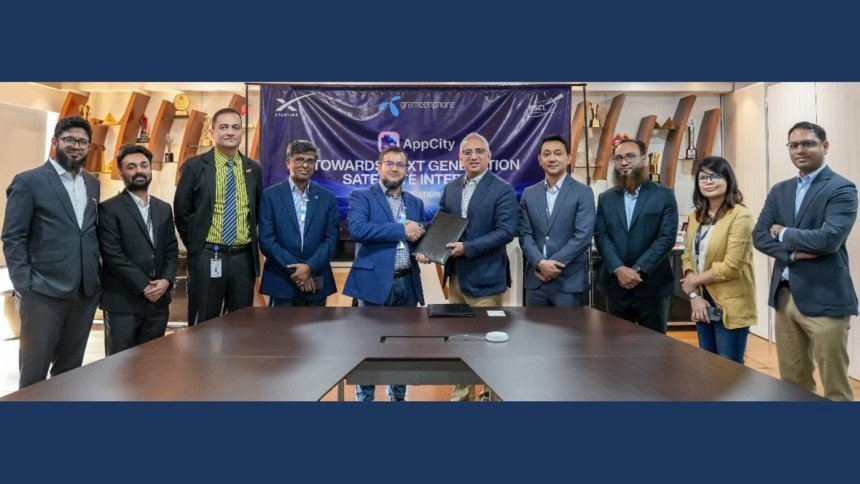Microsoft has announced the completion of the construction phase for its Azure datacentre region in Saudi Arabia, with full availability expected in 2026. The announcement follows a site visit by government officials from the Saudi Ministry of Communications and Information Technology (MCIT) and Microsoft executives.
Located in Saudi Arabia’s Eastern Province, the region features three Azure availability zones equipped with independent power, cooling, and networking infrastructure. These zones will use advanced hardware, allowing government and private sector organizations to run cloud workloads with low latency and high availability.
The new datacentre will provide enterprise-grade reliability and performance while ensuring customer privacy, data residency, and high-speed latency, meeting Microsoft’s global cloud standards across more than 60 Azure regions. This investment reflects Microsoft’s commitment to empowering individuals and organizations globally, focusing on responsible cloud practices, including security, privacy, compliance, and transparency.
The construction completion marks Microsoft’s 25-year presence in Saudi Arabia and its ongoing efforts to empower local institutions to drive business and economic growth. In partnership with the MCIT, Microsoft first announced plans for the datacentre in February 2023 to meet the increasing demand for scalable cloud solutions from businesses in all sectors.
Once operational, the datacentre will support Saudi Vision 2030 by positioning Saudi Arabia as a global innovation hub, enhancing the country’s role in trade, investment, and technological advancements.
Eng Mohammed Al Robayan, Deputy Minister for Technology at MCIT, stated, “Saudi Arabia is positioned to become a global leader in technology, and the progress of Microsoft’s cloud region marks a critical step toward achieving our national goals. This infrastructure will empower businesses to harness the potential of AI and drive sustainable growth.”
Microsoft Arabia President Turki Badhris added that both public and private sectors in Saudi Arabia are eager to leverage AI technologies for growth, with Microsoft’s cloud already playing a key role in advancing business innovation. The datacentre is designed to help businesses capitalize on emerging AI capabilities.
Microsoft’s Azure infrastructure is already being utilized by numerous organizations in Saudi Arabia, including the Ministry of Education’s Madrasati platform, which supports remote learning for 7 million students and teachers. The Saudi Data and Artificial Intelligence Authority (SDAIA) also built its Arabic Large Language Model, ‘ALLaM’, on Microsoft’s Azure platform.
As part of its broader commitment to Saudi Arabia, Microsoft has launched initiatives aimed at advancing AI literacy across the public and private sectors. This includes plans to train 100,000 Saudi nationals in AI skills by 2025. Microsoft has also established a Centre of Excellence with MCIT to offer advanced AI and cloud computing training, further enhancing employability and building a skilled workforce for the future.
Additionally, Microsoft has collaborated with SDAIA Academy to launch the Microsoft AI Academy, designed to build national AI capabilities. This includes the Microsoft Azure Professional Certificate Programme, offering internationally recognized certifications to help equip local talent for the digital era.
These initiatives, combined with the new datacentre, will accelerate the development of a future-ready workforce, fuel economic growth, and foster innovation in Saudi Arabia’s AI-driven future.















